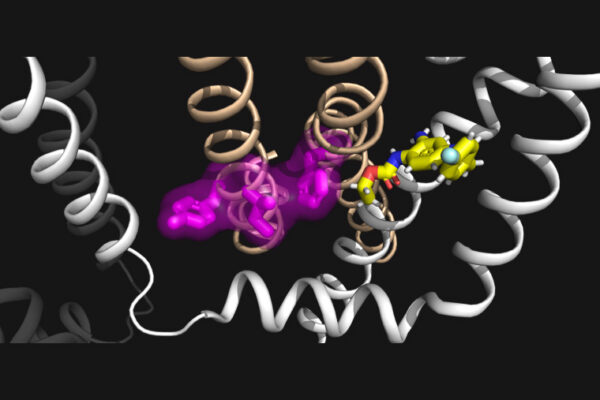The symptoms of a rare and difficult-to-treat form of epilepsy were relieved by Prozac, a medication normally prescribed as an antidepressant, in a recent case study published by WashU Medicine researchers. The study, which appeared in Frontiers in Pharmacology, describes the case of two sisters with developmental and epileptic encephalopathy, a condition that left them subject to uncontrollable seizures.

The sisters, now in their 20s, are both patients of Christina Gurnett, MD, PhD, the A. Ernest and Jane G. Stein Professor of Neurology and head of the Division of Pediatric and Developmental Neurology, who collaborated on the case report with Lawrence Salkoff, PhD, a professor of neuroscience. Tychele Turner, PhD, an assistant professor of genetics, identified a gene linked to the sisters’ condition in 2022. The WashU investigators showed that norfluoxetine, a breakdown product of Prozac’s active ingredient, counteracted the effects of the sisters’ harmful genetic variation, reducing their seizures and allowing them to stop or reduce their dosage of some other medications. Because the gene linked to the sisters’ disorder is closely related to other genes that also respond to norfluoxetine, the team is investigating the potential of this discovery to be applied to other forms of pediatric-onset epilepsy.
Read more on the Department of Neuroscience website.


